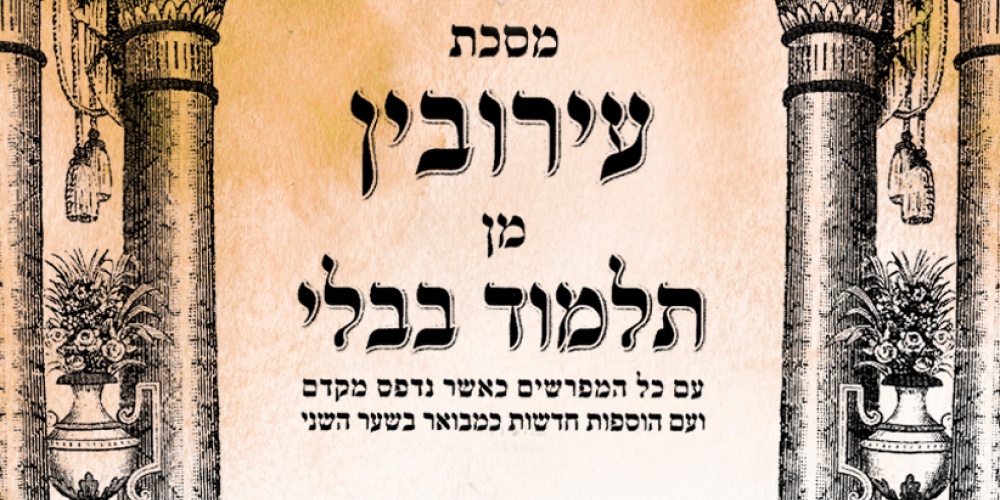
The halachic system, like most other disciplines, has both a theoretical framework and a practical application--and the two do not always coincide. While this may be frustrating at times, no system can operate in an abstract world, devoid of a multitude of factors that may impact on practical rulings. An important measure of a great posek(decisor of Jewish law) lies in his ability to apply his expert knowledge in halacha from the abstract world to real-life situations. This application can lead to decisions that are more lenient or more strict than the pure, theoretical halacha would demand. This idea goes a long way towards explaining why two people who ask the exact same question one after another may get a different response, each befitting their personal situation. Halacha, at least in its applied state, is as much an art as a science.
The more learned a community, the more room to be lenient. Jews who are less well informed require a stricter approach to the law; lacking nuance and sophistication in their understanding of Judaism, they are liable to misapply a leniency to areas where it may not be warranted.
The Talmud (Eiruvin 5b-6a) records a dispute regarding a situation in which there is a breach in one of the side walls of the eiruv. Rav Hanin the son of Rava quotes Rav as saying that the eiruv remains kosher as long as the breach in the side wall is less than 10 amot, cubits, (approximately 18 feet), whereas Rav Huna invalidates the eiruv even if the breach is only 4 cubits wide. In order to deduce support for his view, Rav Huna relates a story that Rav himself was visiting Damharia, and he issued a ruling that the eiruv was invalid with a breach of 4 amot. Rav Hanin responded that "he [Rav] found a valley and built a fence". Rashi explains that the people of Damharia were ignorant and negligent in their observance of mitzvoth, so Rav was forced to be strict to protect the law-just as a person who digs a ditch will build a protective fence around it. But under normal circumstances, Rav would agree with Rav Hanin that a wall may have a breach up to 10 amot.
While some might find this upsetting or even intellectually dishonest, this is the way a society must work. An investor who is ill informed and unable to ask questions should expect to make less money. Or, to use a tag line from years ago, "an educated consumer is our best customer". And while in the past, the doctor's word was akin to the word of God, today they are forced to stay on their toes as patients question their every decision.
If we are forced to rely blindly on rabbis, we should expect to hear the most extreme of positions. But if we become educated Jews, we will be raise questions ourselves, supply nuance to our reasoning, and allow for a more complex (and lenient) response. At the same time, it will allow rabbis to address questions on their merits rather than on their repercussions.
"An ignoramus cannot be pious" (Avot 2:5). Only a learned community can have the full range of Jewish law at their disposal. Let us seek that knowledge, so that instead of building fences, we will be able to tear them down.



